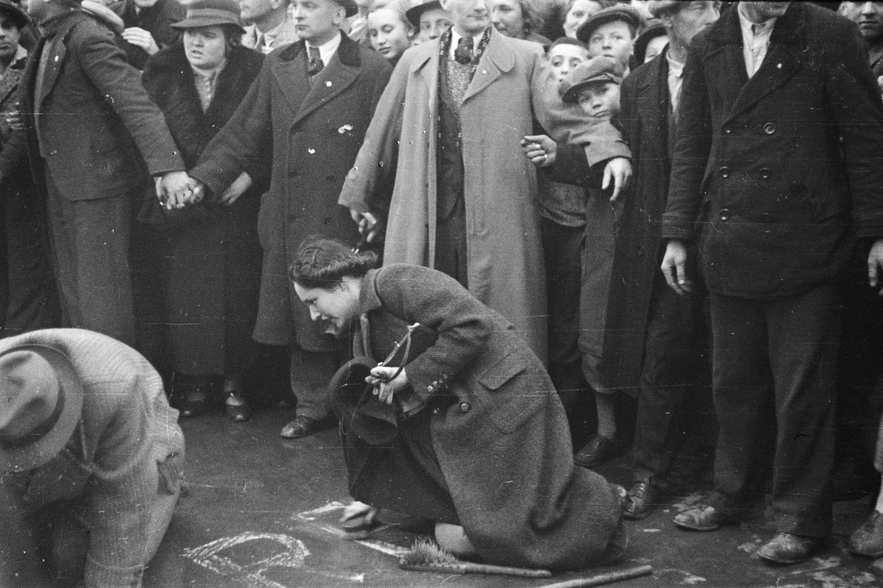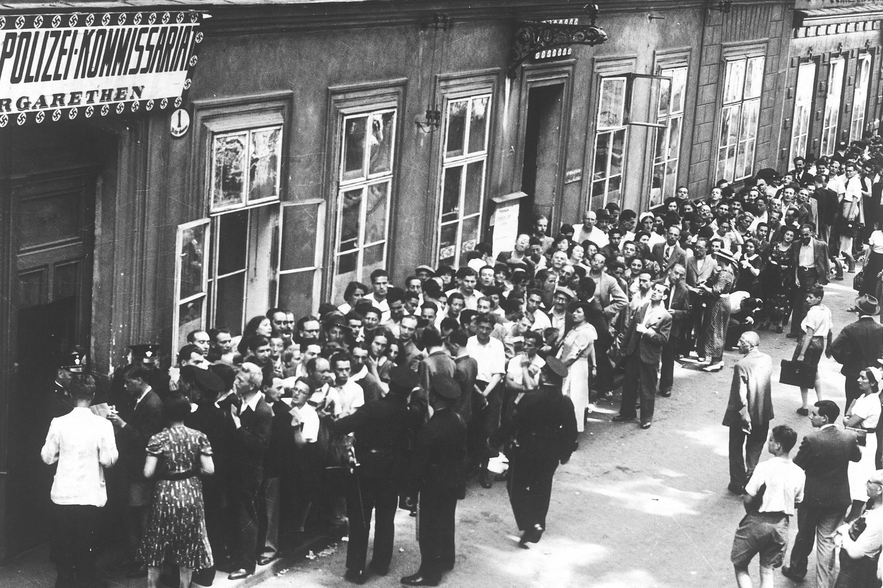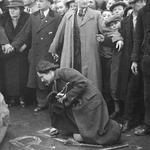The Vienna Model of Radicalization



- Dates
- Wed, Mar 12, 2025 – Thu, Jul 31, 2025
- Venue
- Center for Jewish History (map)
15 W. 16th St.
New York, NY 10011 - Cosponsors
This exhibition, on show for the first time in the United States, explores the significance of the Holocaust in Austria. Based on recent research, The Vienna Model of Radicalization: Austria and the Shoah highlights the role of Vienna as gateway for the radicalization of antisemitic policy in the Nazi State. The “Vienna Model” – a term coined by historian Hans Safrian – entailed the accelerated expropriation and expulsion policy in Austria. In 1941, the Central Office for Jewish Emigration, which had been set up by Adolf Eichmann in 1938, developed an organizational model for deporting the Jewish population to ghettos, extermination camps and killing sites.
That same year, the Nazi regime began with the systematic deportation of the Jewish population in Nazi Germany. The first deportation as part of this Reich-wide policy was a transport of 1,000 Jews that left Vienna’s Aspang train station for the Litzmannstadt/Łódź ghetto on 15 October 1941. By October 1942, the deportation of the majority of Austrian Jews was concluded. More than 45,600 persons had been deported in 45 transports in 1941 and 1942. While numerous Austrian Jewish refugees were seized by Nazi authorities in occupied Europe, the majority of the more than 66,000 Austrian Jewish victims of the Holocaust was deported from Vienna.
The exhibition reveals Jewish self-help and acts of resistance by courageous individuals. It pays tribute to the UK, the US, and other countries in providing refuge to Jewish refugees. It illuminates the silence around the Holocaust in postwar Austria, a silence the perpetrators benefitted from.
The exhibition emphasizes how Austria remains charged with remembering the Holocaust both now and in the future – and that the fight against antisemitism and racism is as timely as ever.
Visiting hours:
Sunday–Thursday: 9:30am–4:30pm
Friday: 9:30am-3:30pm
Saturday: Closed



